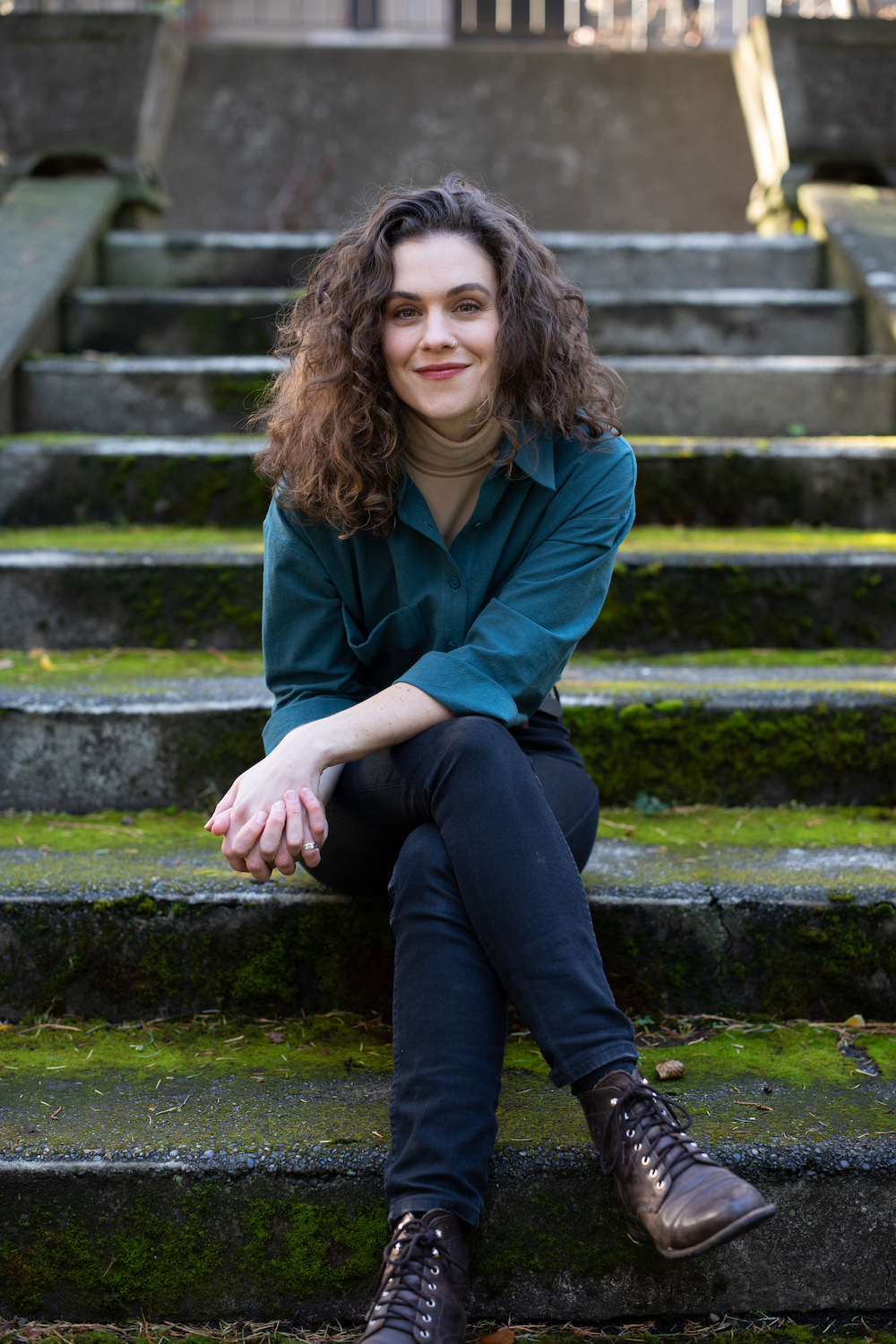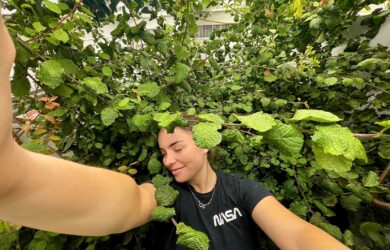
Alanna Just on end of life issues and the importance of listening to those who are dying.
When asked “why do you want to die?” interviewed patients responded by highlighting their need for autonomy and control over their own lives.
Alanna Just
There is a lot to learn about the end of life from those who are dying. Unfortunately, the knowledge of these experiences is often lost because most people don’t like talking about death. Yet, we don’t have to talk; we just have to listen.
Voluntary death has played a dynamic role in the Western world. Depending on the time and place, it has been seen as an expression of heroism, faith, treason, madness, political protest, sin or honour. It has inspired literary tragedies, ancient philosophers and art. Despite its historic influence, the idea of voluntary death is heavily stigmatised in Western society. In this last century we have witnessed substantial increases in control over human life – both its beginning and its end.
As a result, medical assistance in dying (MAiD) has become one of the most contentious issues in Canada’s healthcare system. On February 6, 2015, the Supreme Court of Canada ruled that criminal laws prohibiting MAiD violated the rights of Canadians by preventing them from making decisions about their own medical care and bodily integrity. A year later, the Supreme Court of Canada amended the Criminal Code, permitting MAiD for those with a “grievous and irremediable medical condition that causes them enduring and intolerable suffering” and for whom “natural death is reasonably foreseeable.”
In response to this ruling, Hemlock Aid in Dying (AID) was established as the first MAiD clinic in Canada. Since its inception, Hemlock AID has conducted, transcribed and analysed interviews with patients pursuing MAiD. The Hemlock transcripts reveal important perspectives often overlooked in the MAiD debate. When asked “why do you want to die?” interviewed patients in Canada responded by highlighting their need for autonomy and control over their own lives. Patients wanted to decide for themselves whether their quality of life and level of suffering are acceptable, and if they find that they are not, they want to have end-of-life options.
Patients requested MAiD if they lost the ability to participate in meaningful activities. For some this meant work, while for others it meant social relationships or leisure activities. Once physically active patients were most affected when their mobility declined, while conversationalists were devastated to lose their ability to communicate. One individual compared being forced to live with a grievous condition to being condemned to an endless prison sentence. Another equated their experience with being tired after a long day and simply wanting to sleep. Another striking observation from the Hemlock transcripts was that although people differed in how they imagined their death – be it alone or with family, in a hospital or at home – no one expressed a fear of death. The only fear patients expressed was that they would be denied MAiD, that they would be forced to live, and to suffer.
Many patients shared the notion that it was cruel to insist that people continue to suffer when there could be an alternative. Most patients were concerned about making the process as easy as possible for those left behind. Many agreed that it is easier to grieve and recover following the peaceful, rather than painful, death of a loved one. People find peace in the knowledge that they can control their death.
Sharing stories
It was my privilege to transcribe the first of these important interviews and to bear witness to the intimate end-of-life experiences of strangers. Although the topic of death could be upsetting, I found that people wanted and needed to share their stories. Those who had kept their end-of-life wishes quiet were finally given validation that seeking death was not wrong or shameful.
The Hemlock transcripts tell us that while suffering is rooted in symptoms of illness and aging, the ability to bear suffering is found in hope; it is with hopelessness that suffering becomes unbearable. There are real and valid concerns with the legalisation of MAiD. It forces us to confront ethical dilemmas including consent, medical paternalism, discrimination, elder abuse and psychiatric illness. Canadian legislation and practice surrounding MAiD is in its infancy and it will continue to change as we learn from our experiences.
During this learning process, we will likely hear the opinions of outspoken physicians, policy makers, healthcare workers and administrators. It is critical that we also continue to listen to those whose voices often go unheard: the people who want to die.
*Alanna Just [2016, Canada, MPhil Medical Science Biography] is conducting research in substance dependence. Her interest in end-of-life issues and work at Hemlock AID is ongoing. This article is in the current edition of The Scholar magazine. Picture credit: Tsuga canadensis [eastern hemlock] cones c/o Wikimedia Commons.

Alanna Just
- Alumni
- Canada
- 2016 MPhil Medical Science (Psychiatry)
- Newnham College
I received my Bachelor's Degree from Quest University Canada where I pursued majors in Neuroscience and Philosophy of Mind. I obtained my MPhil in Medical Science from the University of Cambridge, where I conducted research as a Gates Cambridge Scholar. When I returned to Canada, I obtained my Medical Degree at the University of British Columbia, where I conducted research on women's health, integrated medicine, and end-of-life care.
Between formal educational engagements, I traveled to remote communities in Siberia, guided expeditions in Mongolia for National Geographic, and pilgrimaged in Nepal.
I am currently completing my residency in the Yellowknife Rural Family Medicine program in the NWT on the traditional lands of the Yellowknives Dene First Nation. My interests include medical ethics, wilderness medicine, integrative medicine, and moments of vulnerability.
Previous Education
Quest University Canada












